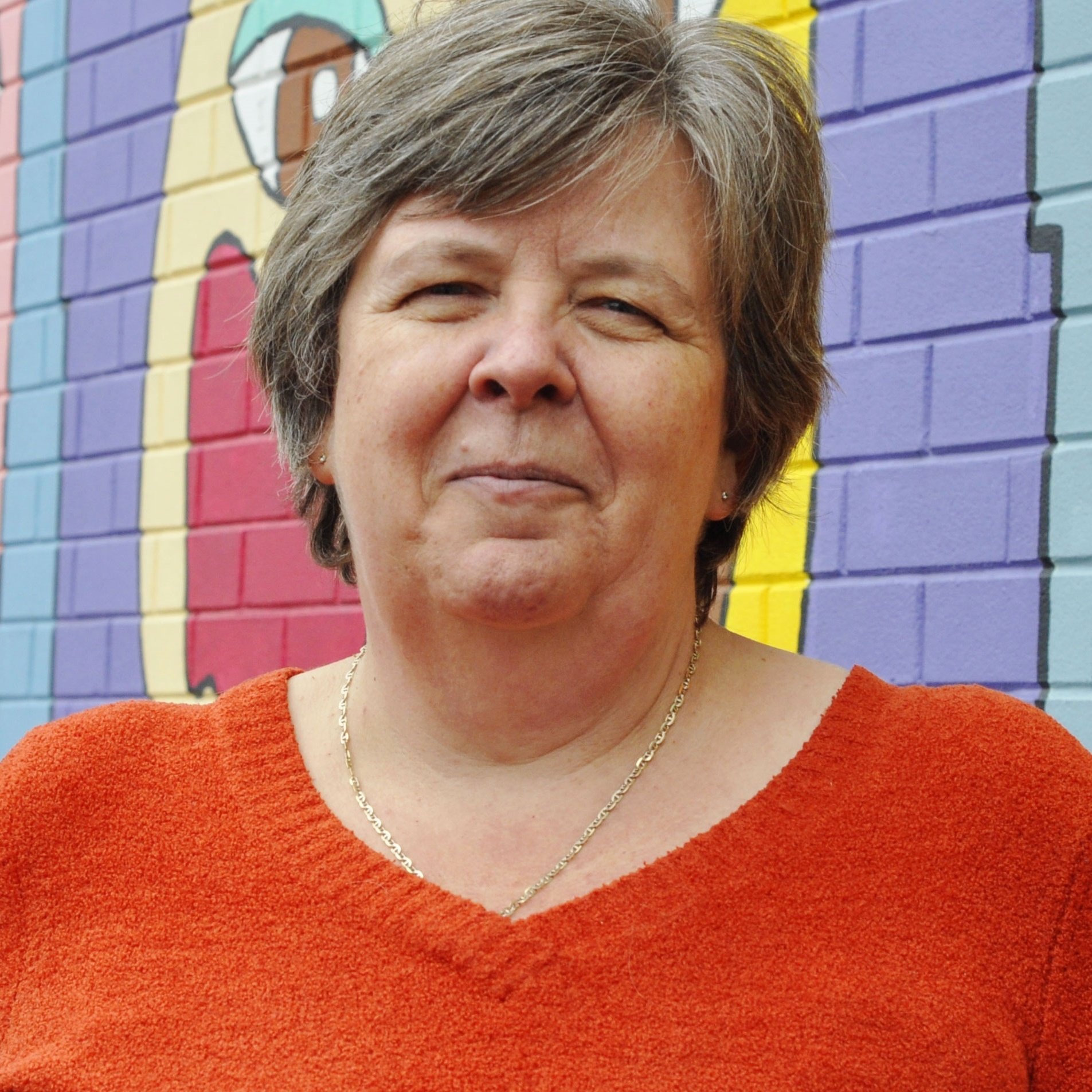In a previous blog, I explored the components of trust including Stephen M.R. Covey’s 5 waves of trust from his book The Speed of  Trust. This blog will go a little deeper, exploring how to build a personal trust account. When we work with mixed teams, we often bring assumptions to the table about what they can or cannot contribute to the shared effort. What if we focused on ourselves first? What if we built our own capabilities around the issue of trust? Would our relationships be different?
Trust. This blog will go a little deeper, exploring how to build a personal trust account. When we work with mixed teams, we often bring assumptions to the table about what they can or cannot contribute to the shared effort. What if we focused on ourselves first? What if we built our own capabilities around the issue of trust? Would our relationships be different?
Covey suggests that there are four cores of credibility: integrity; intent; capabilities and results.
Acting with integrity means that your words are congruent with your deeds. If you commit to something, others in the group can rely on you to fulfill your promise. This is challenging, as the day to day demands of our lives often mean that we are taken off track. It actually means that we have to be realistic about what we can take on and say no when the burden is too heavy.
The core of intent is about disclosing your personal or organizational agenda. In collective work, we say yes to joining a table for a reason. Disclosing this reason to others around the table means that they will invest in your success. Intent and motivation are linked. Covey writes this about intent:
- Intent matters.
- It grows out of character.
- While we tend to judge ourselves by intent, we tend to judge others by their behaviour.
- We also tend to judge others intent by our own paradigms and experiences.
- Our perception of intent has a huge impact on trust.
- People often distrust us because of the conclusions they draw about what we do.
- It is important for us to actively influence the conclusions others draw by ‘declaring our intent’.
(Speed of Trust, page 76)
Building trust capabilities include the talents, attitude, skills, knowledge, and style that we each have to perform at our very best. Covey suggests that a key ingredient in building trust is to use these capabilities toward the best outcomes. How often do we leverage the best of what we have to build trusting relationships with others?
The final core of credibility is getting to results. Covey writes that results matter. This is particularly true in collective work where we are relying on each other to get to results. In addition to getting to results, we have to document and share our successes with each other. Achieving results build momentum and efficacy.
So how do we authentically build trust. Covey identifies 13 behaviours that will build trust.
1. Talk straight
2. Demonstrate respect
3. Create transparency
4. Right wrongs
5. Show loyalty
6. Deliver results
7. Get better
8. Confront reality
9. Clarify expectations
10. Practice accountability
11. Listen first
12. Keep commitments
13. Extend trust
These are simple behaviours and yet can sometimes be challenging to implement. Covey suggests building a personal plan to action these behaviours forward. What if we built these behaviours into our collective or shared work? At the end of each meeting, we could check in with each other: to what degree did this meeting help us deliver results or get better? What will it take to have each of us keep our commitments?
Building trust is both a personal journey and integral to collective action. Building our trust account by focusing on our personal integrity, intent, capabilities and results is key. Building our shared capacity through a focus on trust building behaviours enables each of us to move forward more intentionally together.





